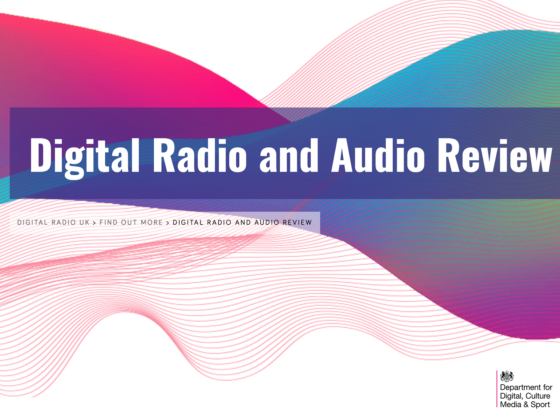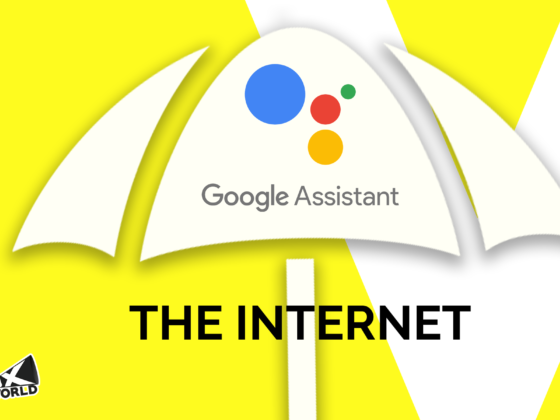When thinking about launching an app for a voice assistant, most people, most of the time, will create an Alexa skill instead of a Google Assistant action. But why?
There are over 100,000 Alexa skills and only a few thousand Google Assistant actions.
Now, Google do claim that Assistant has over 1 million actions, and that’s because Google treats its definition of action slightly different to how Amazon defines a skill. But in terms of third party crafted experiences, comparable to Alexa skills, the Alexa skill store dwarfs Google Assistant’s.
Why aren’t people building more Google Assistant actions?
People aren’t creating actions because they don’t think that there are enough users to warrant the investment…yet.
This is largely because of the misunderstanding among some people that voice assistants and smart speakers are interchangeable words.
People think that voice is smart speakers and smart speakers are voice.
People think that voice is smart speakers and smart speakers are voice. Click To TweetPerhaps that’s where it started in 2016. But voice is used more often on phones than anything else. Siri and Google Assistant are the two most used voice assistants, despite Amazon’s smart speaker market share dominance.
History repeats itself
What’s playing out right now is the same story that played out when Apple launched the App Store.
When the App Store launched in 2008, everyone started building apps for iOS.
Then Android released the Android Marketplace and… Nothing.
No one was building apps for Android. But why?
Simple. All the users who were using apps were iPhone users. Yes, the Android Marketplace was established in 2008, too, but Android didn’t overtake iOS market share until 2012: four years after the launch of the app store.
Source: StatCounter Global Stats – OS Market Share
Even then, not everyone turned straight to Android. By that point, people had invested thousands of pounds into their iOS apps. They were sitting tight for a while until it became unavoidable.
Google is in the same position again
Through no fault of its own, Google has managed to find itself in the same position with Google Assistant as it was with Android in 2009. It was second to market with the smart speaker, second to launch a developer toolkit and second to launch its actions ‘app store’.
And although Google Assistant is available on over 1 billion devices and is running on the no.1 phone operating system in the world, as long as people associate voice assistants with smart speakers, it’ll continue to struggle.
Google’s task at hand
Google’s task is the same as anyone else trying to compete with Amazon, or anyone else working in the voice industry: helping people understand that voice is more than smart speakers. Voice assistants can exist on any device; mobile, ear buds, car stereos, washing machines, computers, laptops, TVs and, yes, smart speakers.
That’s why it’s leading with the ‘1 billion users’ slogan. It’s trying to give people confidence that Google Assistant is a safe place to invest your time and energy.
And this is a message that they have to hit home because they’re going to struggle to claw back market conceded share on smart speakers. Baidu and Xiaomi are already gaining traction and don’t be surprised if we see more entrants into the market in 2020 from the likes of Sonos who now have Snips’ technology.
So people aren’t creating actions because of a lack of understanding about what Google Assistant actually is and where it exists, which should give Google a clear focus for its marketing and developer/brand relations with Google Assistant in 2020.
This post was triggered by a discussion on the Voicebot 2019 year in review podcast. It’s the answer I wish someone gave 🙂




